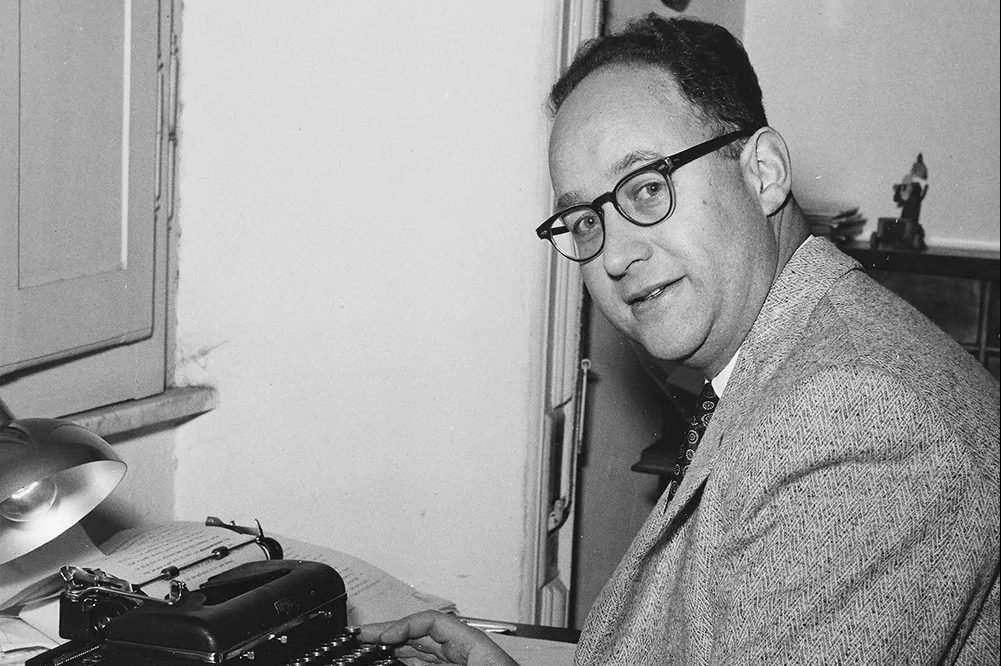Kelly Link’s short-story collections bewilder and delight with their sideways takes on fantasy tropes. People might turn into cats, but they do it while texting emojis (dancing lady, unicorn, happy face). In The Book of Love, Link’s debut novel, she revels in upholding and upturning the genre’s conventions. Mainlining Buffy the Vampire Slayer, and with a dose of recent teen Netflix fantasies such as Locke & Key, her setting is a small coastal town in Massachusetts to which three sarky adolescents have suddenly returned home — although not, as is generally supposed, from a short trip to Ireland, but from what they, alongside assorted supernatural beings, know to be Death itself.
Crossing back over Death’s threshold is the mark of a hero, and the trio exhibit miraculous abilities, can change the weather, transform into animals and even have sex in a magically created pavilion. Mohammed is the lonely gay, hooking up on apps and writing operas; Daniel is the stubborn eldest brother of a gang of siblings; and Laura, a keen singer-songwriter, dreams of stardom and feuds with her annoying sister. It’s these relationships, rooted in the messy reality of families and work, coffee shops and pizza, which provide a solid emotional center to the novel. The three bicker, fall in love and lust, and battle the threatening forces arrayed against them.
As in Alan Garner’s superlative The Owl Service, the triumvirate have become locked into a magical pattern which must be reenacted before disaster overwhelms them. Their supernatural counterparts are three ancient beings who control doors between worlds: they’re in town and, boy, are they causing trouble.
The plot is not the most interesting thing here. Those attuned to the mechanics of fantasy will guess what’s coming. Link, used to the short-story form, has overstretched a good idea and the latter parts of this long novel are on the thin side. She also highlights her politics in a way that seems crowbarred into the narrative. Yet the writing sparkles with wit and color, and there is much camp weirdness and shimmering grandeur. Thousands of moths descend on the town; statues come to life; a hotel owner becomes a tiger, and there’s even a pink flying unicorn “in a snit.” This is entertaining fantasy and also, in its own way, experimental. Dancing lady, unicorn, happy face.
This article was originally published in The Spectator’s UK magazine. Subscribe to the World edition here.


























Leave a Reply